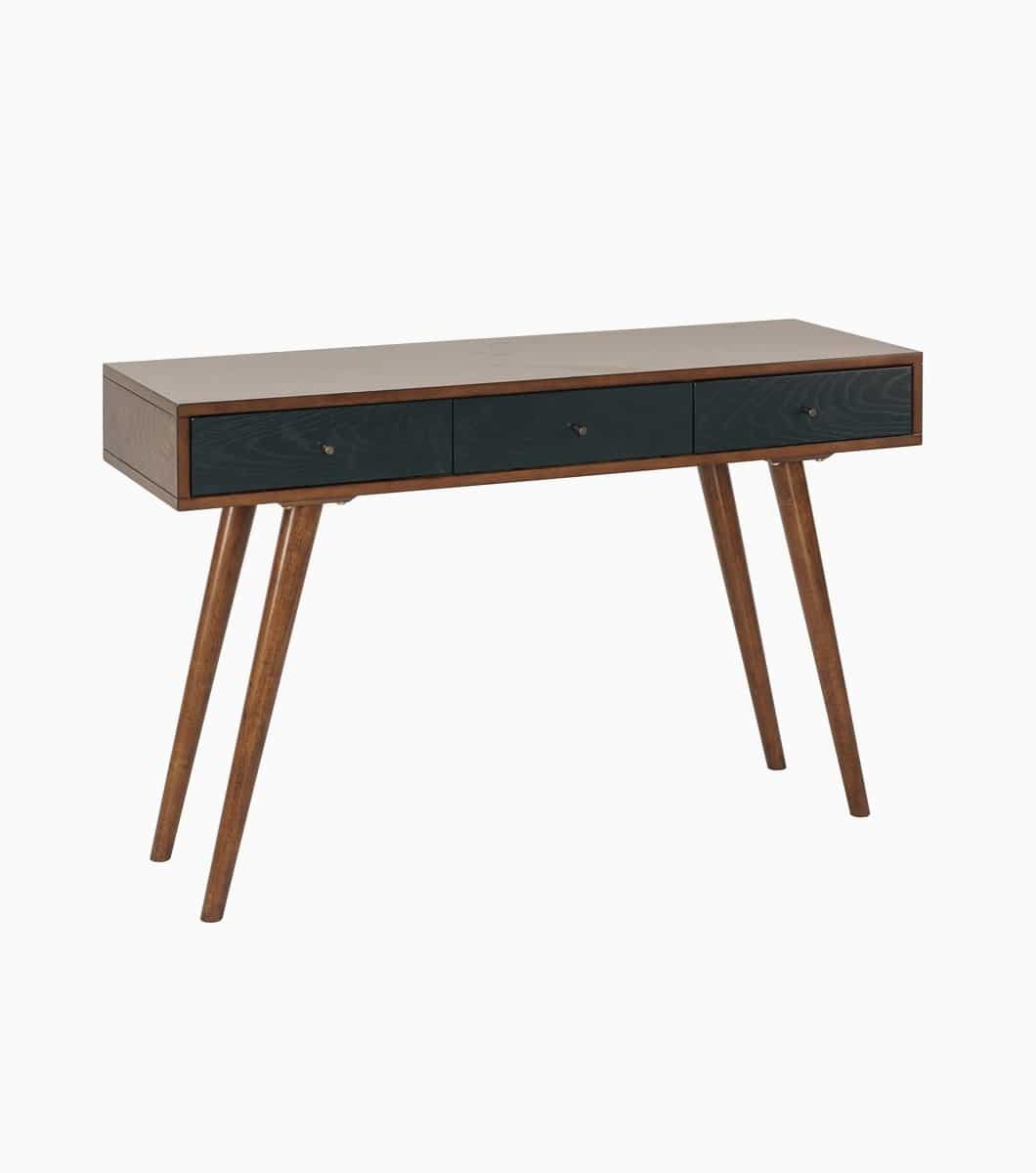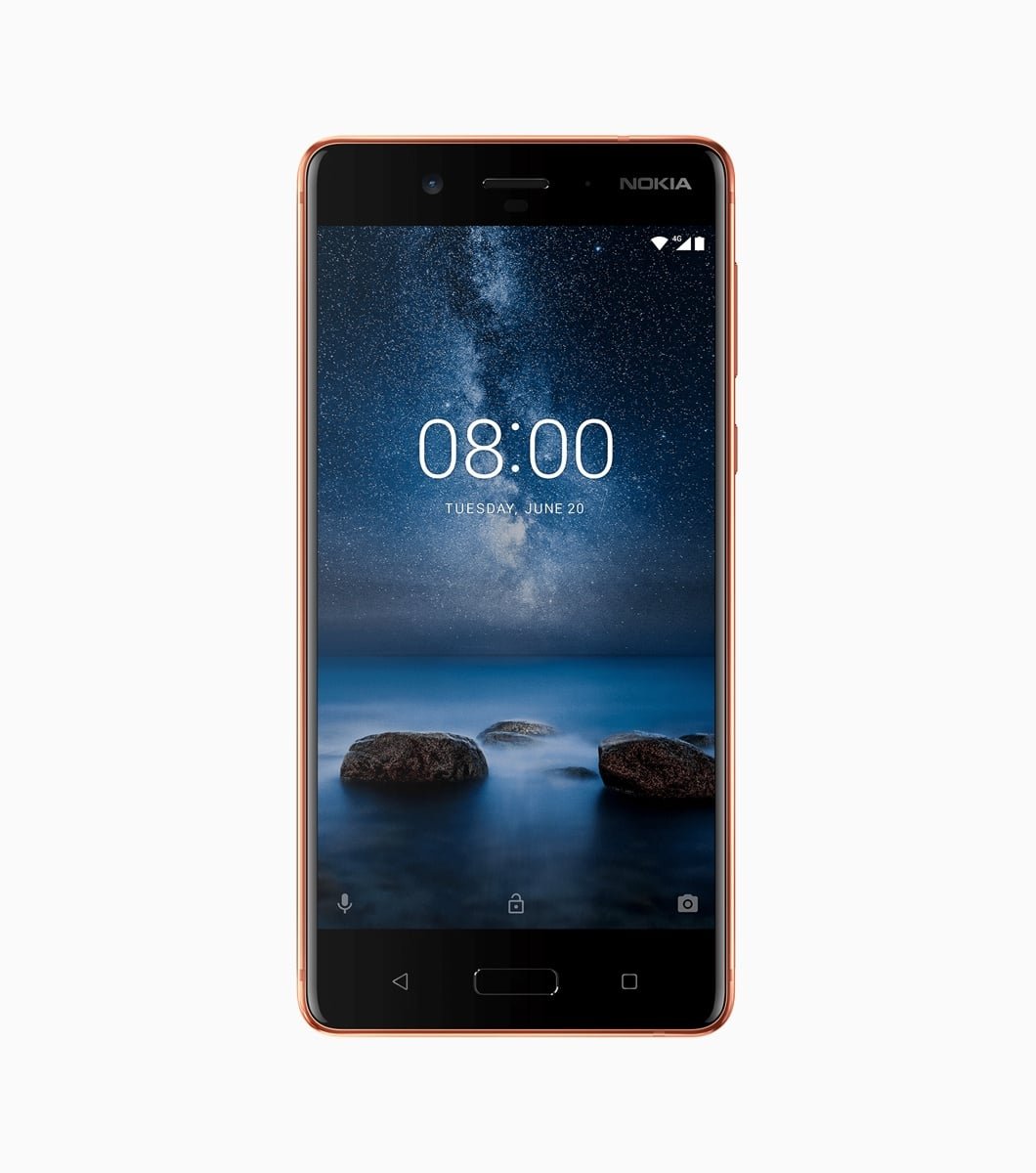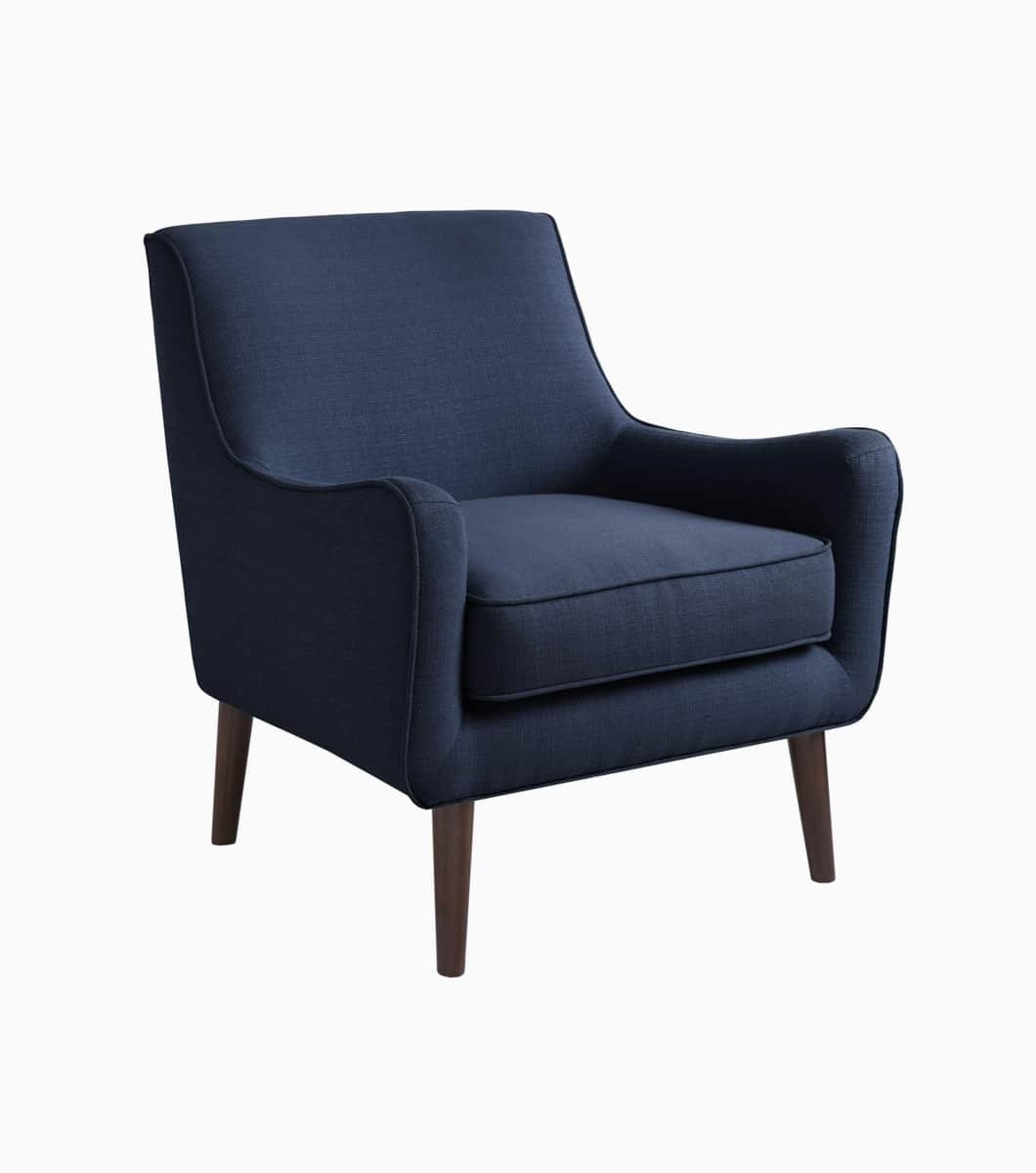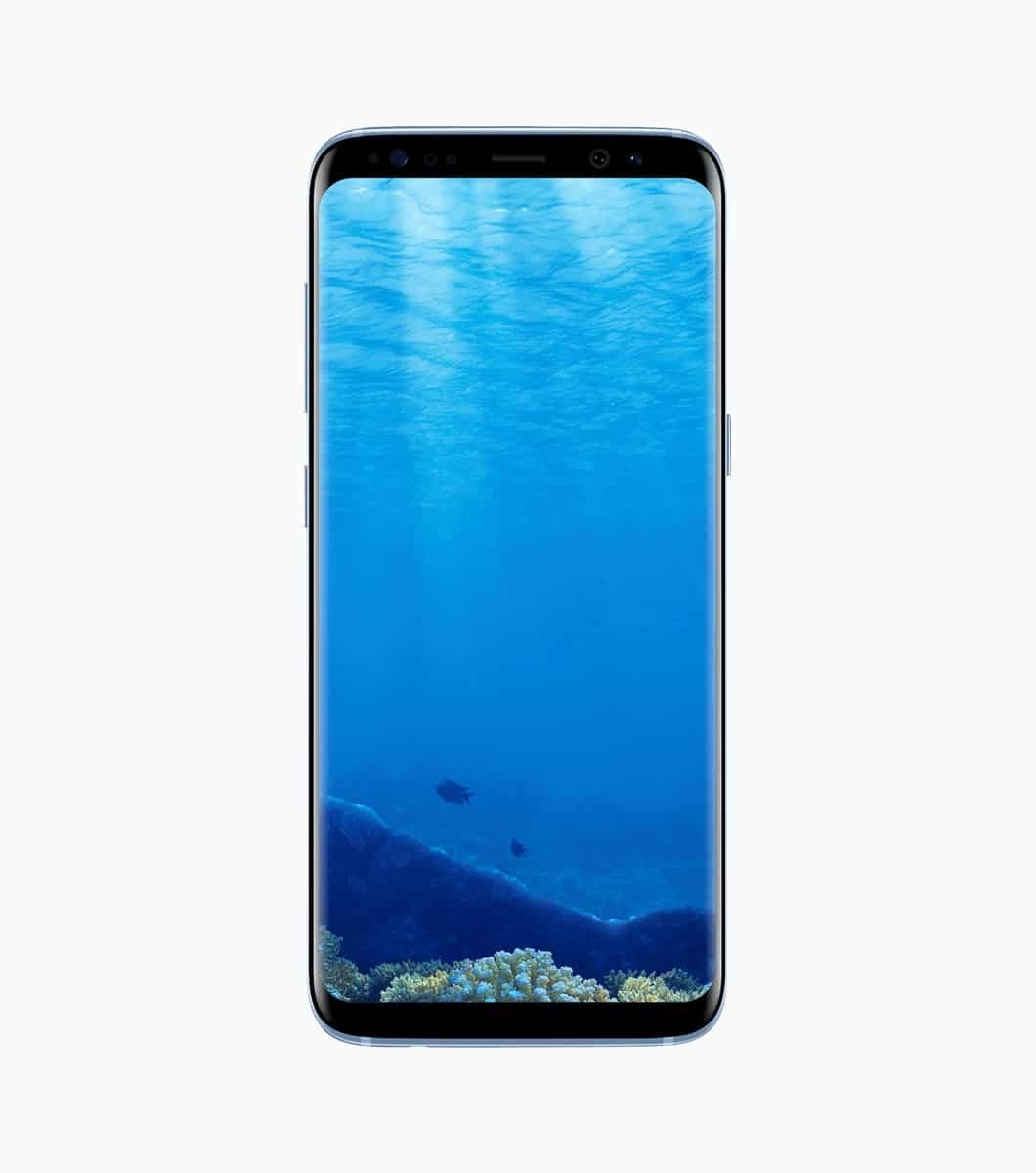Understanding the Only-Store Concept
The only-store concept has emerged as a distinct retail model characterized by its singular focus on a particular theme or brand, allowing for a curated shopping experience that resonates deeply with consumers. Unlike traditional retailers that offer a diverse array of products, only-stores center around a cohesive narrative, creating an environment where every item tells a part of the story. This thematic approach not only enhances brand identity but also enables customers to engage more meaningfully with the products on offer.
The inception of only-stores can be traced back to shifts in consumer behavior and a growing desire for personalized shopping experiences. As consumers navigate an increasingly fragmented retail landscape, the allure of only-stores lies in their ability to offer a tailored environment that not only showcases products but also builds an emotional connection with shoppers. This psychological aspect is crucial; it speaks to the modern consumer’s yearning for authenticity and relevance in their shopping journeys.
Successful examples of only-stores can be seen in the fashion industry, where brands like Allbirds and Warby Parker have capitalized on this retail approach. These brands not only embody their unique values through their products but also engage customers through well-crafted narratives that reflect their brand ethos. The impact of only-stores on consumer behavior is significant; shoppers are more inclined to visit and spend time in environments that align with their personal values and interests.
As the retail landscape continues to evolve, the only-store model sets a trend toward authenticity and specialization. This shift is shaping shopping habits, leading consumers to seek out brands that provide not just products, but experiences that resonate with their lifestyle. Understanding the only-store concept reveals not only innovative retail strategies but also significant insights into the changing dynamics of consumer engagement in the modern marketplace.
The Evolution and Future of Exclusivity in Retail
The landscape of retail has undergone significant transformation over the past few decades, increasingly gravitating toward exclusivity as a strategic approach. The rise of only-stores, which offer unique products or a singular brand experience, has redefined consumer expectations, prompting brands to curate distinct shopping journeys. This trend towards exclusivity is intricately linked to several factors, including the advent of digitalization, the influence of social media, and the growing demand for personalized shopping experiences.
Digitalization has enabled brands to reach consumers directly, eliminating intermediaries and allowing for greater control over brand narratives. This shift has encouraged the establishment of exclusive online and offline platforms, which serve not only as transactional spaces but also as storytelling venues. As a result, only-stores can cultivate an engaged community, leveraging social media channels to enhance brand visibility and create buzz around limited-edition launches or exclusive sales events. This engagement fosters customer loyalty, encouraging consumers to feel like part of a select group, increasing their attachment to the brand.
The rise of personalized shopping experiences further cements the relevance of only-stores in the modern retail environment. Consumers today demand tailored offerings that resonate with their individual preferences and values. Brands that effectively harness data analytics and consumer insights can create bespoke shopping experiences that emphasize exclusivity. This customization may involve curated selections, exclusive members-only products, or tailored services that enhance the consumer journey.
Looking ahead, the future of only-stores appears promising, with trends such as sustainability and experiential retail taking center stage. As consumers become more ethically conscious, brands may explore innovative ways to integrate responsible practices into their exclusive offerings, creating a new value proposition. By maintaining a focus on exclusivity and fostering meaningful connections, only-stores are well-positioned to thrive in an evolving retail landscape.

























